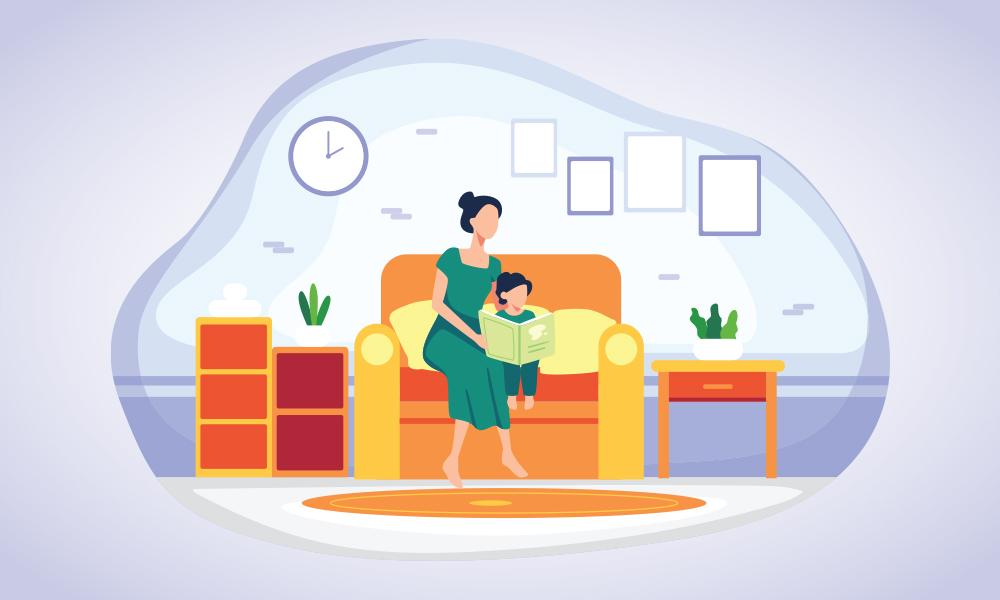
Present Moment Living
Let’s Be ‘In the Now’
Let’s Be ‘In the Now’
We can be more effective in our daily tasks, get more joy out of our leisure activities, and even be blessed and used more fully by God if we make ourselves mentally available in the present moment.
We can be more effective in our daily tasks, get more joy out of our leisure activities, and even be blessed and used more fully by God if we make ourselves mentally available in the present moment.
It is amazing what our brains can do, even when working on the subconscious level. Many of us have experienced pulling up to a red light, only to realize that we have been driving on “auto-pilot” for the last couple of miles — our brain multitasking without our consent. It gives us a slight jolt when we realize how far we have driven while unaware of a single detail of our surroundings.
Even when we are consciously multitasking as a way to get more done in less time, we won't be doing either of the tasks really well. Consider the simple example of watching TV while eating dinner. Either we will enjoy the show without truly enjoying the tastes on our plate, or we will have to make excessive use of the rewind function as we are repeatedly distracted by the deliciousness of our herb-encrusted salmon or apple pie.
Here's what the science tells us: Our brains cannot fully concentrate on more than one thing at a time.
Let’s relate this phenomena to our thought life. When we worry, for instance, we are either agonizing over something in the past that we cannot change or stressing about something in the future that might not even take place. Meanwhile, there is a moment that is passing, the present moment. It is in this moment that we have the power to use our thoughts and actions to create actual change, not imagined or hoped-for change.
In order to illustrate this concept, I sometimes share the visual of life being a long, narrow carpet. As we walk along it, the carpet is simultaneously rolling up in the back and rolling out in front, leaving only a space the length of our stride — the present moment. It is only in this moment that we can act and create that aforementioned change.
Many people use the term mindfulness to describe this whole concept. As a therapy practitioner, I prefer the phrase present moment living because I feel it makes the concept more easily accessible. Whatever you call it, all we really have is right now — this very minute. The past is gone, and the future is largely out of our control. The result of our being truly and intentionally present, even if practiced for just a few minutes a day, can be a life lived more fully than ever before.
Cathy Altonji is a therapist at Catholic Family Services in Huntsville. She has a master’s degree in social work and is a licensed independent clinical social worker certified in private independent practice.
